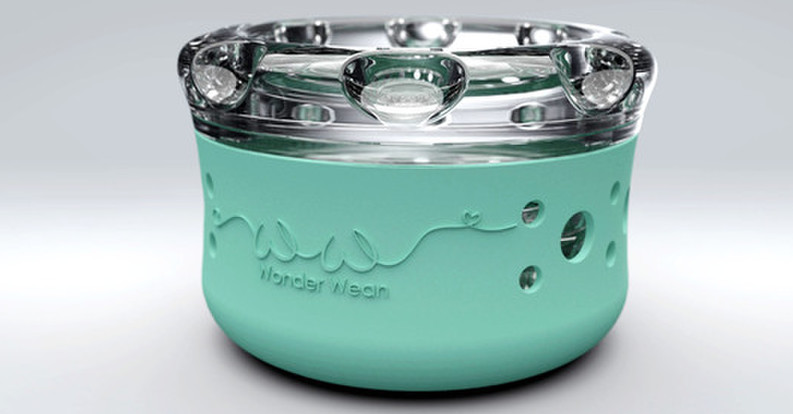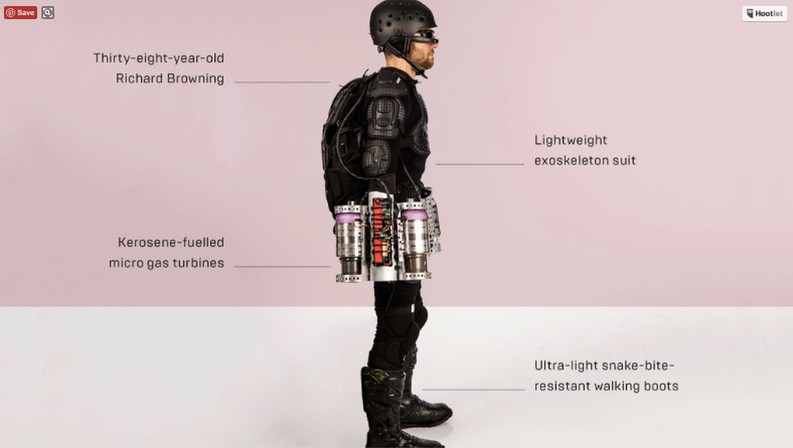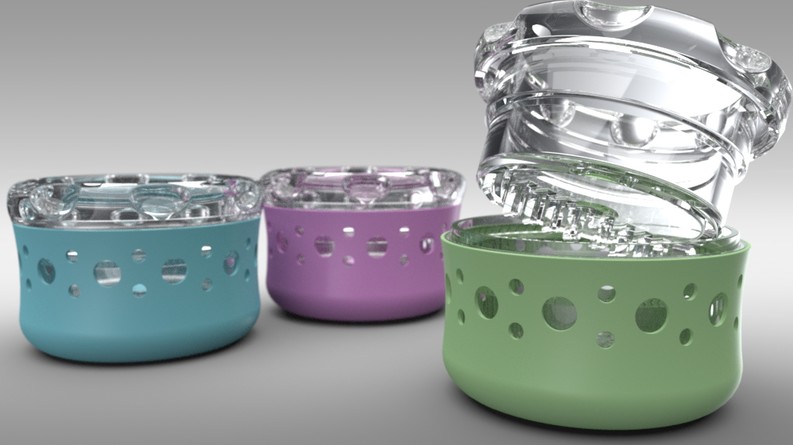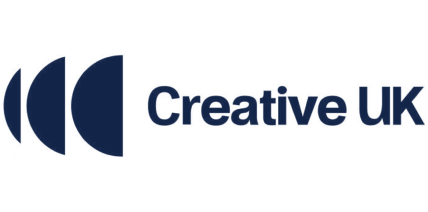This article was written by Decision Magazine for WardWilliams Creative and Creative UK.
If there’s one place a creative company has to avoid, it’s what Julian Swan, co-founder of The Imagination Factory describes as the “commercialisation valley of death.”
Not easy, if the intention to develop proprietary products rather than just working on design commissions. He describes the business as creative engineers. “We know enough about science to be dangerous disruptors in the marketplace,” he explains. In fact, Swan is an actual engineer (aeronautical), and very early on realised in that sector he would have to specialise. “That’s not in my character,” he says. Which is why, after gaining a masters in computer-aided design, he began working in product design.
[greybg]
“I really liked the variety of tasks, the different experiences,” he recalls. “One day I could working on a medical device, the next a piece of packaging. That’s the stuff which still gets me out of the bed in the morning.”
The birth of The Imagination Factory
When UK Sport put up a competition for any innovation which would give Team GB a competitive edge at the London Olympics, Swan and colleagues brainstormed ideas in the pub after work. They managed to put in four suggestions, and although one of the two selected won the award, that wasn’t the main result. “In order to received the prize money, we needed to have a limited company of some sort,” explains Swan. “So while I still had the day job, The Imagination Factory was set up to design toys and swimming equipment, a sector my employer wasn’t involved in.”
Then five years ago, he was made redundant, and decided now was the time to devote his energies to making more of a go of The Imagination Factory. With a difference. For a start, the consultancy charges a fee for the project rather than what’s on the clock. “We want the value of the actual idea to be recognised in terms of value, whether it is initiated internally or by a company or inventor coming to us to make it happen,” Swan explains. “Creative companies can be like a traditional accountancy or law firm is the focus is on the number of hours they can bill the client.”
Anyway, going forward, he doesn’t see outside work as being so centre stage. “We’re more actively looking at ways of generating our own intellectual property,” he says. “The government’s Innovate UK will launch funded challenges which we can respond to, or we will self-fund the development of an idea.”
[greybg]
Innovate UK Projects
Two products launched by The Imagination Factory as a response to Innovate UK initiatives are a device to remove fallen leaves from railway lines using microwaves, and a low-cost solar powered pump for use in desert environments. Another product is SwimAR, a ‘heads-up’ display for swimming goggles which calculates and displays information relating to speed and distance as well as providing GPS directional guidance in open waters.
“We also run creative thinking sessions based on the LUMA ‘institute system of innovation’ which looks at identifying and solving the problems to ‘making a better product’ but which focuses on people above all the other factors,” Swan explains.
It could be that The Imagination Factory take a stake in a company which they have developed a product for, or have a shared equity arrangement in a new venture. “But a problem can be that everyone who comes to us with an idea thinks that what they are suggesting would be fantastic if it can be made into a product and that it can’t possibly fail,” muses Swan.
[greybg]
Environment to Experiemnt is Key
He believes a creative company has to encourage an environment where its people are allowed to be experimental, knowing that they can try something and if it doesn’t work, they can simply move on and look for another way forward. “If they are worried about the repercussions, that any hint of failure could affect their position, they aren’t going to be imaginative,” Swan maintains. “They aren’t going to be passionate about what they are doing if they are working under that kind of restraint. Everyone who joins us does a personality profile, so we can understand what drives them.” Motivation really does matter, he avers. “I met a business owned who said his company was doing so well that he only needed to come in and work three days a week. I had to ask him how he could measure success by the fact he was doing less of what should have been a real passion. If you really love what you’re doing, why would you want to reduce the time you spend on it?
“I’m genuinely one of those people who really enjoys their work,” says Swan. “As long as I’ve got a brain cell working, I don’t want to retire. Creating a concept and taking it through a product which makes a difference to people’s lives is how I would define success.”








Comments are closed.